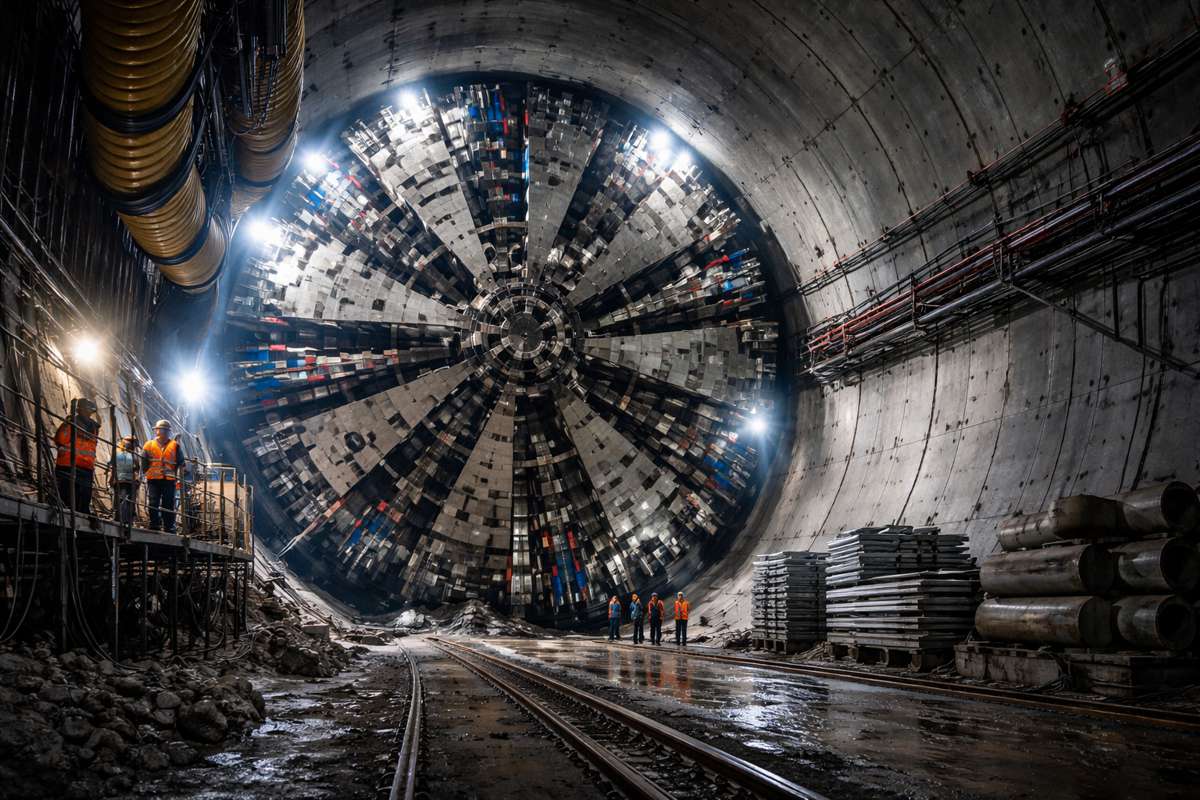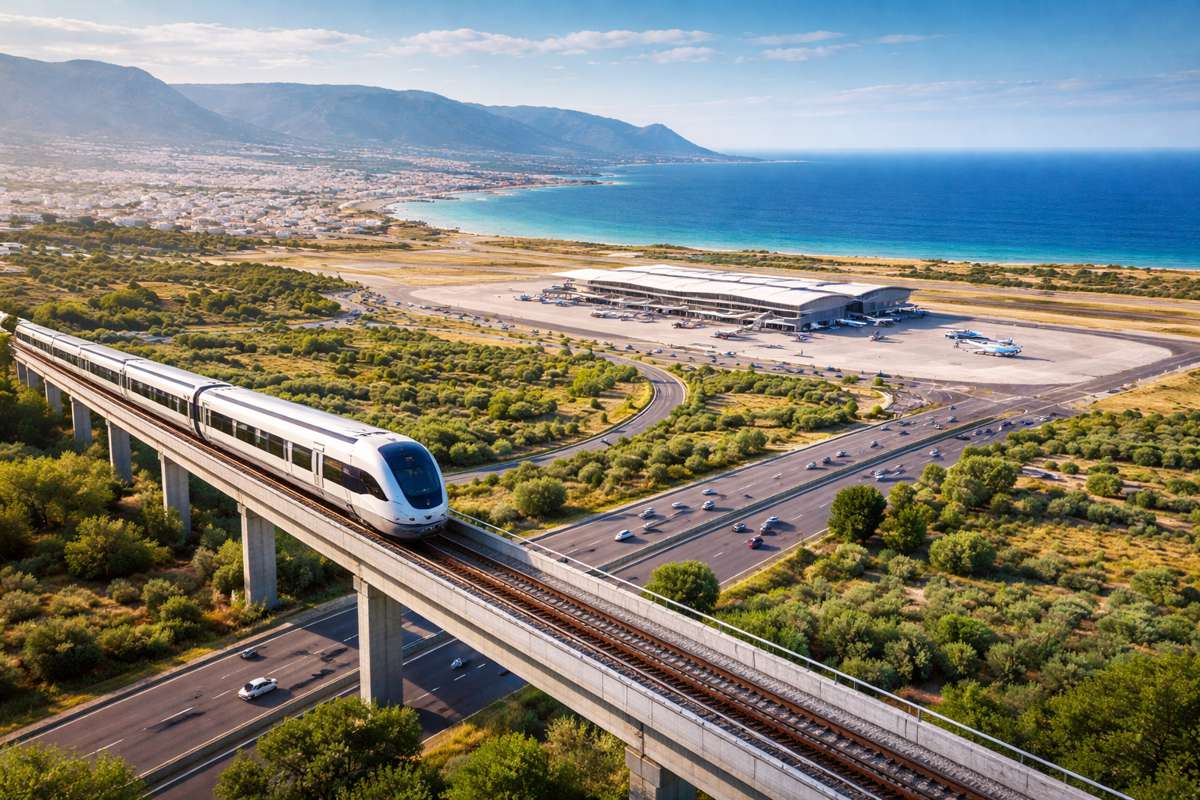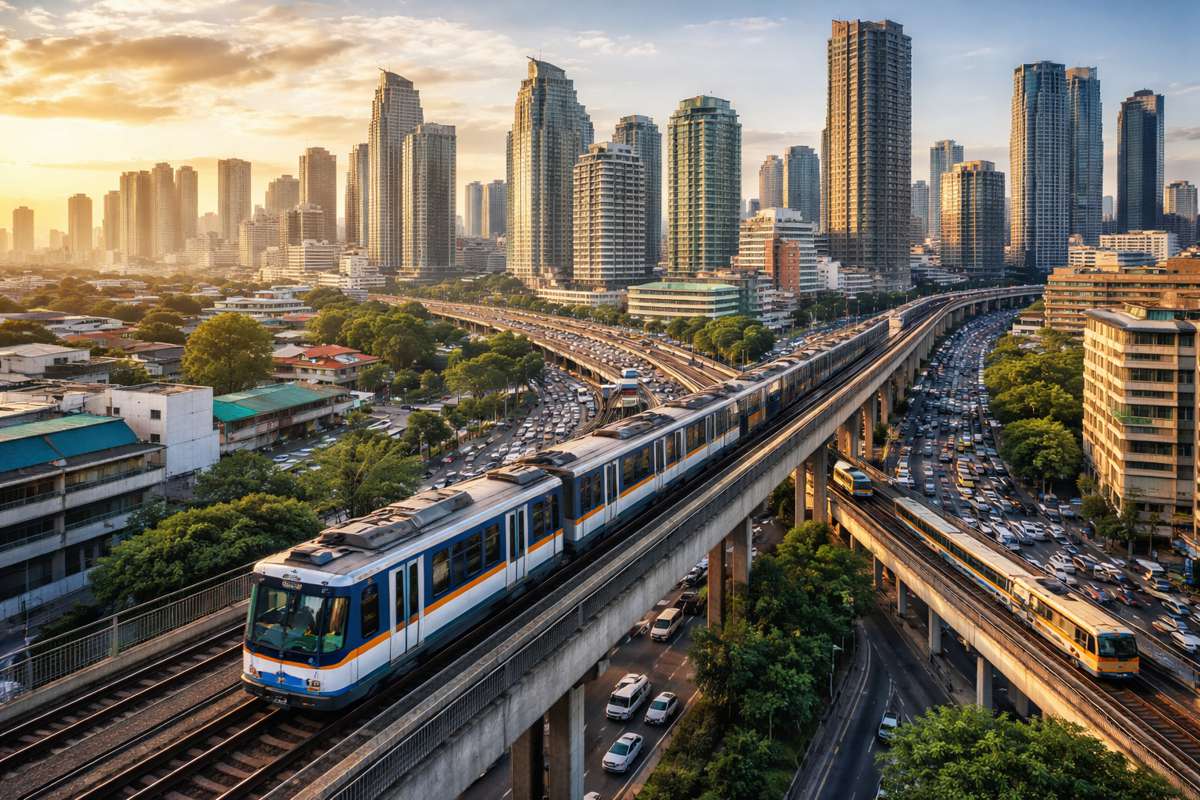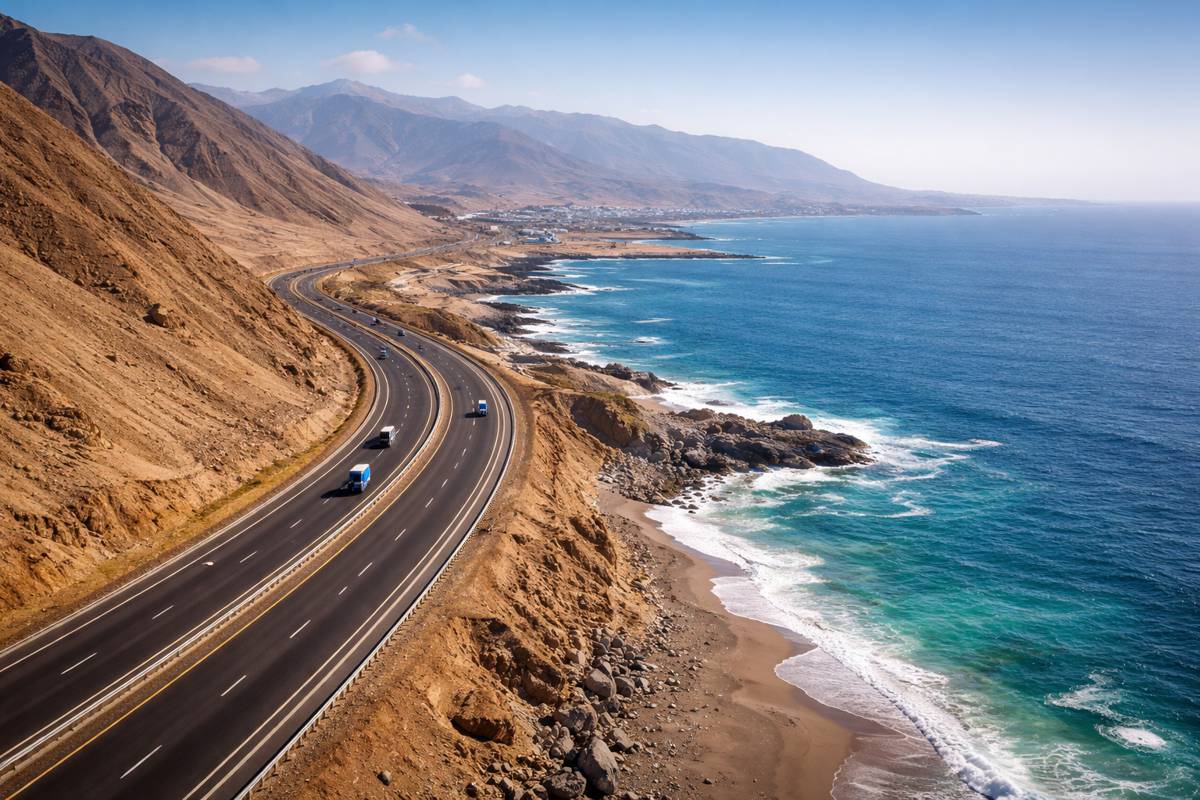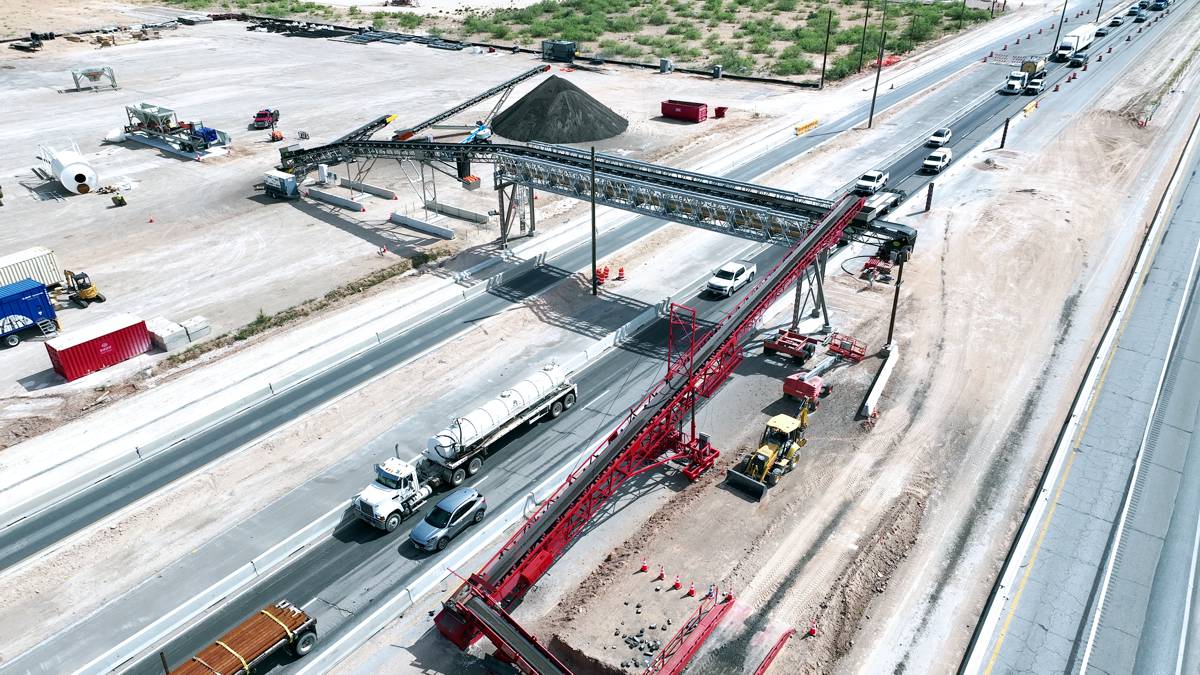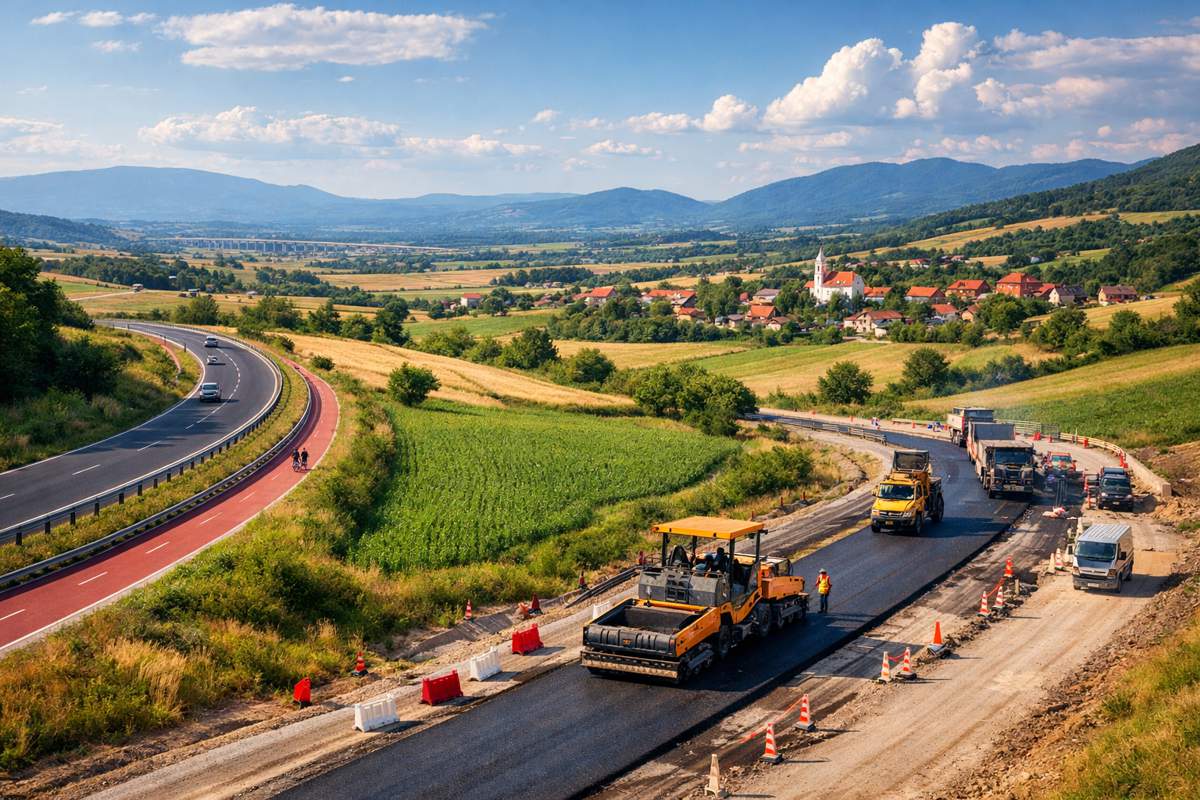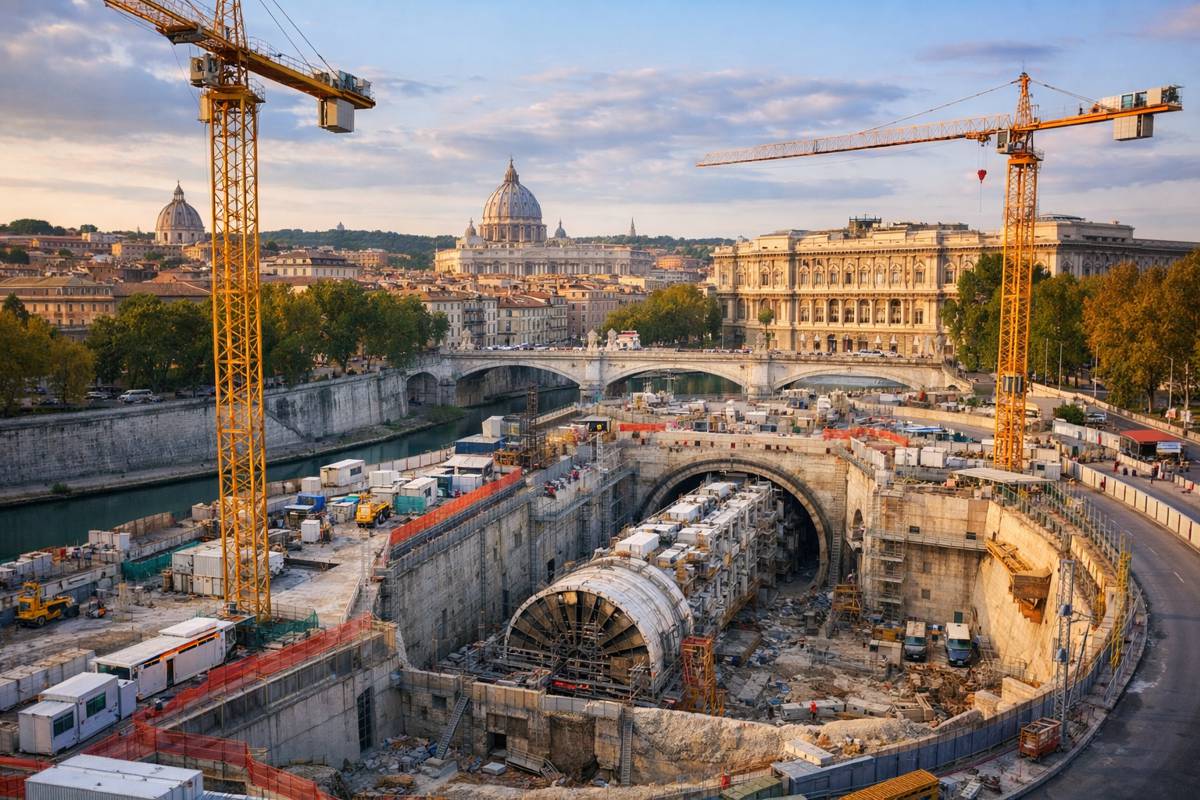Africa is looking forward, to combat climate change
Africa’s transport infrastructure is the biggest hurdle in the continents increasing economic development, and climate change is now threating to undermine an already vulnerable road and transport network.
Africa’s Rural Road Infrastructure
Despite major road programmes backed by aid funding, millions still rely on a vast network of makeshift dirt roads to connect them with towns and cities and to the transport network vital for the African continent.
Farmers and businesses rely on these country roads to connect with their markets, children need these roads to get to schools, and people need these routes to access medical facilities
Weather conditions often make vulnerable dirt roads impassable and exacerbated by climate change with hotter and wetter weather taking a much heavier toll on roads making them unusable for longer periods and at greater risk from flooding.
Africa’s Urban Infrastructure
The World Bank forecasts that by 2050 over 70% of the world’s population will have moved to cities putting immense pressure on urban transport systems. Tanzania’s capital Dar es Salaam provides a typical example of a city experiencing rapid growth where traffic jams are costing the country £2.5m every single day in lost revenue.
Traffic congestion is also driving increased pollution and smog, clogging cities and denying people access to jobs and education as well endangering their health. Traffic pollution also emits a quarter of all the greenhouse gases.
With an inadequate and vulnerable transport system that is growing out of control, Africa needs to address this challenge and make climate an integral part of its infrastructure strategy.
Plan for Uncertainty
Dar es Salaam is addressing its traffic problem with a reliable rapid transit bus network that has its own lanes and cuts commute times in half. Not only boosting economic development, but also helping to clean the air and move people safely.
Planning and building a clean mass transit network is an essential solution for fast growing African cities. Morocco is investing heavily in low carbon efficient mass transit that will allow the economy to continue expanding.
Planning the future starts now
Africa’s economic development relies on the development of its infrastructure to be able to move people and freight efficiently and affordably and understanding climate change is the key to go forward into the future.
Now is the time to look at vulnerable road networks, railways and waterways to plan and engineer for an uncertain future before it becomes unmanageable. Rural roads must be maintained and upgraded before they turn to mud and alternative routes should always be available. Resilience must be a key factor in any design to guarantee a transport system that is an economic asset.
Recognising the uncertainty that a vulnerable transport network and climate change The World Bank and The African Development Bank are working closely with African countries to guide them in the best direction to spend their transportation budgets so Africa can keep developing and become one of the biggest economies in the world.























